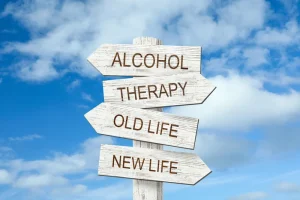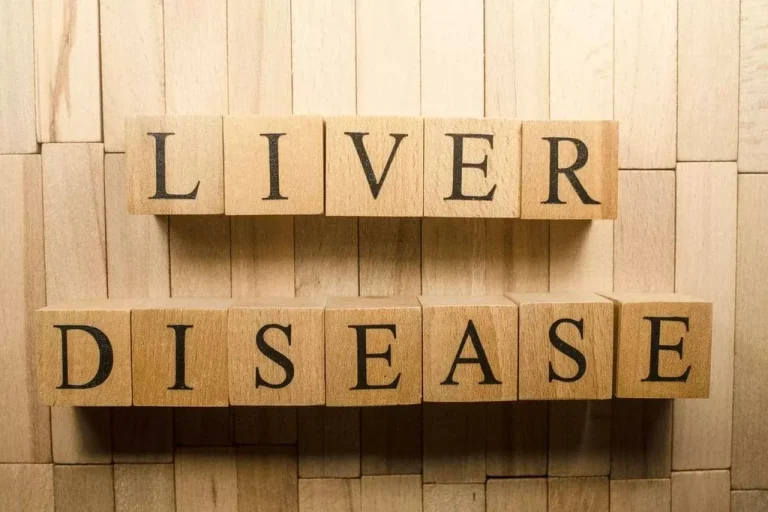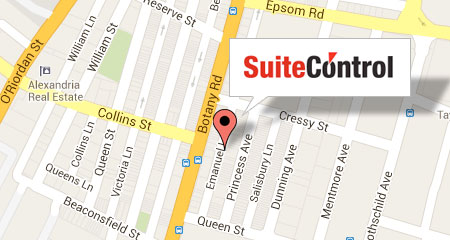What Happens When You Stop Drinking Alcohol?

Cutting out alcohol for 30 days can have benefits for those who drink more than the recommended limit of two drinks a day for men and one drink a day for women. “I would suggest cutting back on several things rather than completely eliminating to avoid feeling deprived, which can lead to rebound eating/drinking and weight regain,” she said. For instance, Dasgupta cited research he conducted on the relationship between genetics and alcohol misuse. He noted that people of Chinese and Indian descent do not benefit from drinking alcohol due to a genetic reason that isn’t fully understood.

Can Enjoy a Healthy Lifestyle
- By getting sober, you will find opportunities to reopen closed doors and restore bridges that have been broken over recent years.
- Healthy living habits become routine, providing constant alternatives to drugs and ultimately preventing relapse.
- You’re no longer waking up with that sinking feeling that something terrible might have happened the night before, but you can’t quite remember what.
- For individuals with severe alcohol dependence, however, withdrawal symptoms can be more severe and may require medical attention.
Engaging in therapy or support groups can be especially helpful at this time. These resources can provide techniques to help you stay engaged in your sobriety journey. Getting through this initial stage can be a very rewarding experience both physically and emotionally. The following are a few of the changes you might experience reasons to stay sober within the first 30 days without alcohol. Milestones in sobriety (e.g., 24 hours, a month, three months) are celebrated to recognize the incredible hard work that’s been accomplished through staying sober for a certain length of time. They can help motivate a person to remain sober to reach the next milestone.

How to Celebrate One Year of Sobriety

You may pick up new hobbies, and find yourself building stronger connections with friends and family. On the other hand, new challenges may appear, such as being around alcohol at holidays and major life events. If a new trigger arises or setback occurs, you can always reach out to your support network for extra encouragement and accountability. You’ll likely encounter many physical and mental changes during your first year of sobriety.
Sign up to learn more
- Early sobriety may come with feelings of fatigue and the stress of dealing with challenges (people, places, and things that stimulate the urge to use).
- After all, you can’t hang around your drug dealer or old drinking buddies and expect to remain sober for very long.
- One of the most profound ways that alcohol affects you is through what it does to your body.
- Waking up without a hangover means you get to start your day feeling good, not trying to piece together the night before or chugging water to battle dehydration.
Cravings, which are intense urges to use substances, can tempt you to break sobriety. I began working with sober women to figure out why I drank in the first place. In turn, I developed an understanding that sobriety is so much more than just not drinking.
You’ll Gain More Energy
- For example, “fitness” goals during the recovery process may look different for those navigating an eating disorder, body trauma, or other challenges in their relationship with their body.
- Sobriety can be a fixed-term goal like staying sober for a set period (such as Dry January), or a lifelong goal of staying sober from all substances.
- For example, you might decide to volunteer at a local soup kitchen or food pantry.
- Dasgupta said the best people to avoid alcohol always are those under 21 years old, and not just for legal reasons.
- You can experience even greater improvements to your skin, quality of sleep, immune system, and even liver function.
- Digestive improvements can begin within the first few weeks as your body adjusts to the absence of alcohol, with more significant changes possibly taking a month or more.
Withdrawal symptoms can often make early sobriety days challenging, and without the right support, many fall back to old habits and relapse. Nonetheless, if you focus on the many physical and mental health benefits of sobriety, you’ll quickly realize it’s all worth it in the end. If you’re in early recovery, these are some benefits of sobriety to look forward to. She points out that these health benefits can take a bit longer to develop because it gives people enough time to learn how to navigate a sober lifestyle.
- One of the greatest rewards of sobriety is feeling physically better and healthier.
- The information we provide is not intended to be a substitute for professional medical advice, diagnosis or treatment.
- In turn, I developed an understanding that sobriety is so much more than just not drinking.
- However, living a sober life will help improve your physical, and in particular, your mental health.
- Sobriety improves physical, mental, emotional, psychological and financial health.
Changing your relationship with alcohol can introduce you to new, authentic, and rich communities where you are able to connect in genuine and meaningful ways. At Monument, we have a completely anonymous online community forum for our members to engage, offer support, and be heard. We also have virtual therapist-moderated alcohol support groups catered to different identities and interests. There are so many enriching things to do instead of drinking, and you deserve to connect with people who will encourage your healthy habits and self care. Though changing your relationship with alcohol comes with challenges, the journey can be an incredibly rewarding one. As you continue on your path of sobriety or moderation, enriching benefits of abstaining from alcohol or moderating your drinking will come to fruition.









